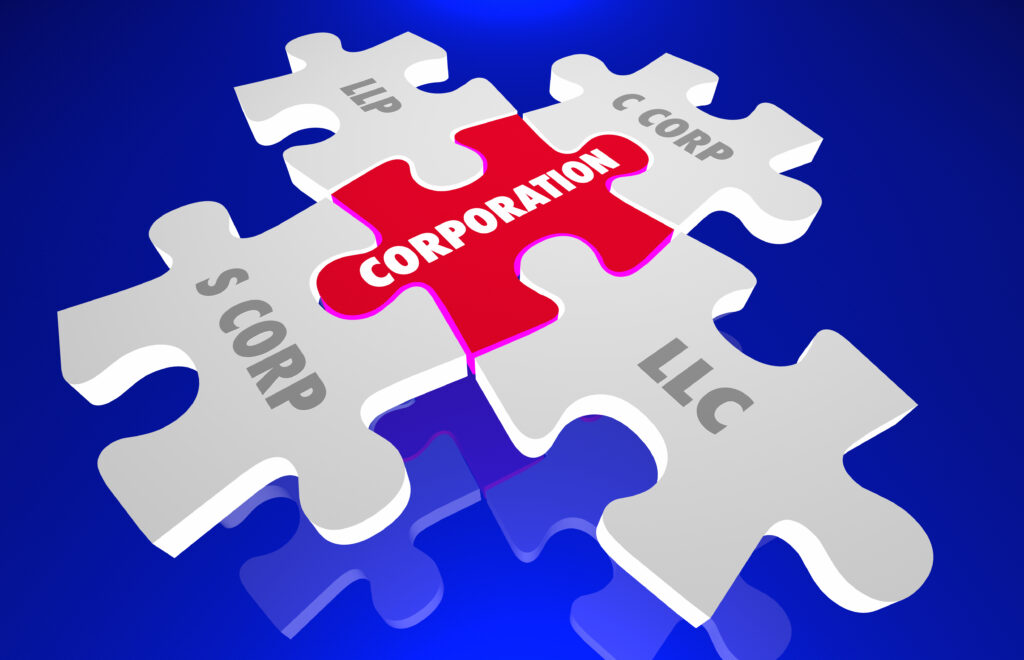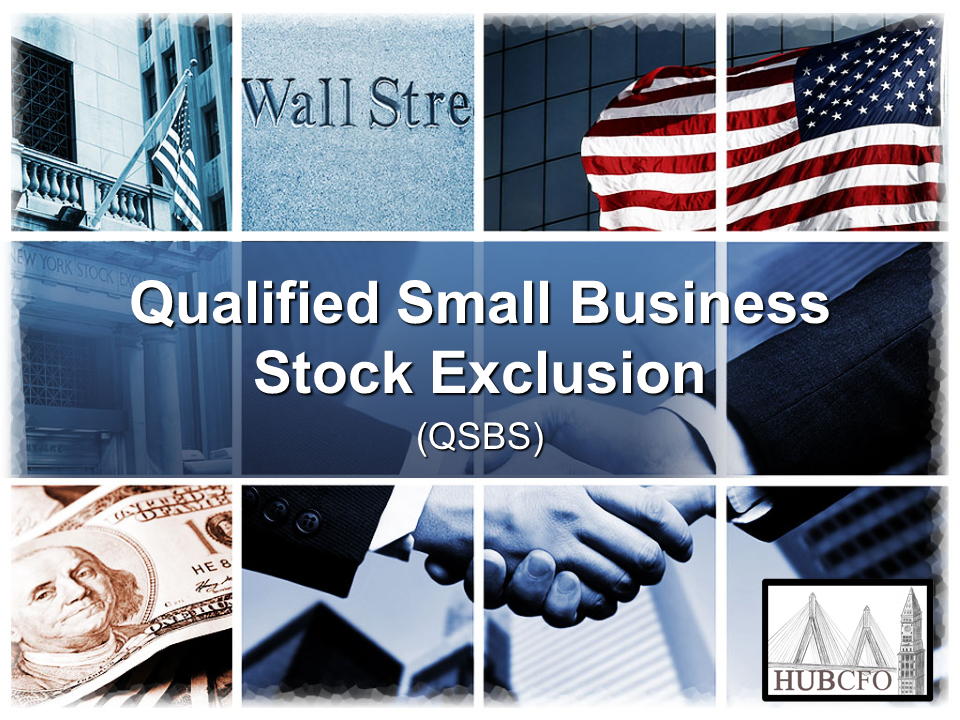Tax
Foreword to United States Tax Laws
Foreword to United States Tax Laws United States Tax Laws – A Perspective for Foreign Companies and Individuals Doing Business or Living in the United States Greenstein, Rogoff, Olsen & Co. is a respected and well-recognized leader among the San Francisco Bay Area accounting firms by providing distinctive high quality tax and accounting consulting services.…
Read MoreU.S. Income Tax Issues for Resident & Nonresident Aliens
U.S. Income Tax Issues for Resident & Nonresident Aliens Part 2: United States Tax Laws – A Perspective for Foreign Companies and Individuals Doing Business or Living in the United States Determining U.S. residency status There are two basic tests to determine the U.S. residency of alien individuals: the green card test, and the substantial…
Read MoreAppendices
Appendices United States Tax Laws – A Perspective for Foreign Companies and Individuals Doing Business or Living in the United States Appendices Flowchart for determining residency status Copies of forms 1001, 1040, 1040NR, 1042, 1042S, 5471, 5472, 8300 and TD F 90-22.1 Appendix 2 Forms 1001- Ownership, Exemption, or Reduced Rate Certificate 1040 US Individual…
Read MoreHow to Fix Errors Made on Your Tax Return
If you discover an error after you file your tax return, you can correct it by amending your return. Here are 10 tips from the Internal Revenue Service about amending your federal tax return: When to amend a return. Generally, you should file an amended return if your filing status, number of dependents, total income,…
Read MoreTax Telecommuting
Tax Telecommuting If you’re thinking about setting up employees as telecommuters, you’re not alone. Businesses ranging from large multi-nationals to small shops know that telecommuting not only can improve worker morale and performance, it can also save you and your employees money. What’s not to like about zero commuting costs and no office rent? You…
Read MoreTax S-corporation
Saving Taxes with an S Corporation An S corporation election allows the shareholders to preserve the benefit of limited liability for the corporate form while at the same time being treated as partners for federal income tax purposes. Ever wondered why so many small businesses operate as an S corporation? Simple. An S corporation saves…
Read MoreSec1045 Partnerships
Sec1045 Partnerships This document contains final regulations relating to the application of section 1045 of the Internal Revenue Code (Code) to partnerships and their partners. These regulations provide rules regarding the deferral of gain on a partnership’s sale of qualified small business stock (QSB stock) and a partner’s sale of QSB stock distributed by a…
Read MoreSec179 Businessequipment
Updated: 11/12/10 Most new business equipment can be either depreciated over its useful life or expensed immediately under Internal Revenue Code Section 179. The maximum deduction is based on the following schedule for the date in which the tax year begins. Each 1040, whether Single or Joint, is limited to one maximum. 179 expenses passed…
Read MoreSec1244 Small Business Stock Sales
Sec1244 Small Business Stock Sales Section 1244 of the Internal Revenue Code, the small business stock provision, was enacted to allow shareholders of domestic small business corporations to deduct as ordinary losses, losses sustained when they dispose of their small business stock. In order to receive this beneficial treatment, the Code prescribes specific requirements for:…
Read MoreSection 1202: Small Business Stock Gain Exclusion
What is Section 1202 Stock? In December 2015, the Protecting Americans from Tax Hikes Act of 2015 (“PATH Act”) was passed by Congress and signed into law by President Barack Obama. The PATH Act made several tax breaks permanent, including the Small Business Stock Gains Exclusion (Section 1202). The new law makes permanent the exclusion…
Read More






